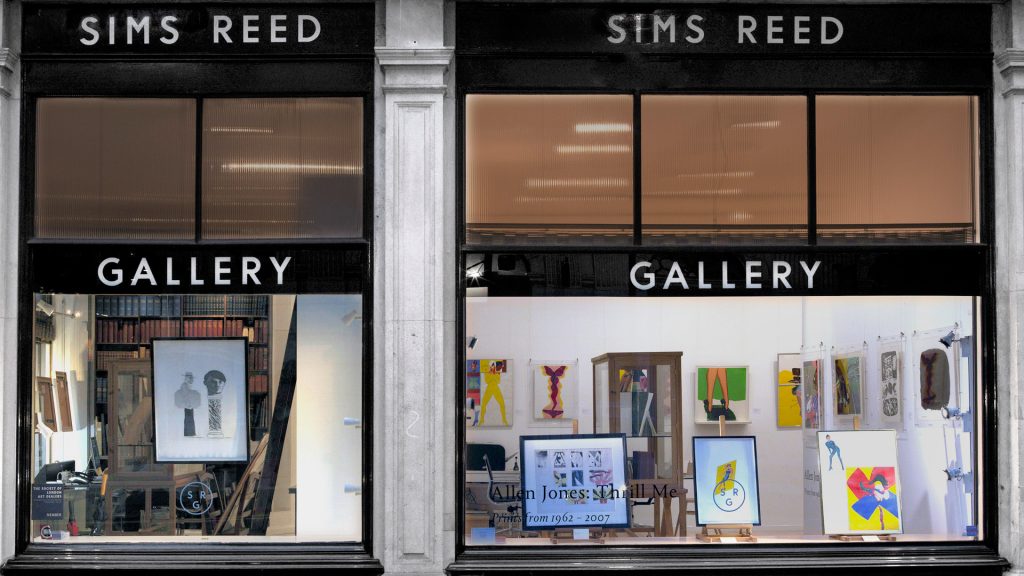
+

A recent survey estimated that 40% of schools offer no work experience preparation at all. There is no requirement for this crucial skill-building activity to be part of any national or international curriculum. At Halcyon, work experience is an important part of school life in Grade 10. Every student enrolls in three to five days dedicated to exploring the different responsibilities and tasks involved in a career path of their choice.

As young people prepare to enter a global, digital economy, they need to be prepared to work with stakeholders across the world. While university preparation should also be a key part of school life (students need to develop the project-management and research skills that will allow them to flourish in an academic environment), workplaces have shared that they often find young people ill-equipped for employment because of a lack of experience. What’s more, this has also undoubtedly contributed to the lack of conviction and “enthusiasm” that 43% of business leaders highlight as a reason for finding it difficult to hire young people.
Many national and global education systems do not prepare students to enter the world with an awareness of their power to impact the world. It is important to stress that work experience is not simply about preparing students for employment as an end in itself, but preparing them to make a difference: offering students a chance to find out how to act on their passions and contribute their skills and personal strengths to collaborative projects.

Leela, Grade 10 (Year 11), pursued her work experience with IntoFilm, a charity supported by the British Film Institute which supports young people in learning more about the film industry. This experience helped Leela get an insight into the kind of skills she will need to master in order to successfully enter the workplace and play a significant role in a team.
“On the first day, I completed an interpretive task on a film, talking about how it related to mindfulness and, on the second day, I worked with someone who used to be the Head of the BBC’s Social Media to craft a campaign on a service which would let people hire a pet for an hour. This definitely increased my knowledge of Social Media and PR!”
Leela added that she had pursued some experience herself in these areas before - she had run the social media accounts for the vegan company ‘Free From’ - but that this experience allowed her to gain some specific insight into the workplace, and gave her the skills to work with others successfully.

Lorcan completed his work experience in rare art and book dealership Sim Reeds. Lorcan shared that this experience was an eye-opening one which led him to reflect on his passions as well as the importance of preserving art - and we can’t wait to see how this shapes his future activities!
“I catalogued and collared old magazines and books, and learned how hardbacks used to be designed and how printing presses worked. Some of the books I handled were from the 1400s! I thought it was really amazing to see books which were that old - my main takeaway was that when people create something, it’s permanent, and there’s beauty in that.”
Lorcan fondly recalled a particularly memorable delivery to an elderly customer in Clerkenwell, who was “really grateful” for his services.
Brooks (Grade 10) added that his own experience also helped him think about what he might like to do in the future - he suggested that he would “definitely like to go back” to the recording studio in which he worked.
Brooks opted to spend some time working in a Brixton music studio for his work experience - an experience which, he says, showed him that the music industry is not as “elusive” as many often believe. Receiving exposure to different parts of the music production process for artists such as Ace Mafia allowed Brooks to gain a hands-on insight into music-making and studio operation.
“It’s really normal - just people sitting around and making music together, not like a cult or anything! It was a really cool experience.”
Brooks was also able to get some hands-on experience of the technicalities of music-making - learning “how the studio worked, the details of the boards and compressors, how live rooms operate, and the role of audio and the band”, as he shadowed the music engineer in Brixton.
“On the second day, more artists and producers came in, so I was able to see how producers make songs for artists as it happened,” he explained.
We look forward to hearing about the projects that these students will take on board as they enter their Diploma Programme studies next year!
Subscribe to our blog: